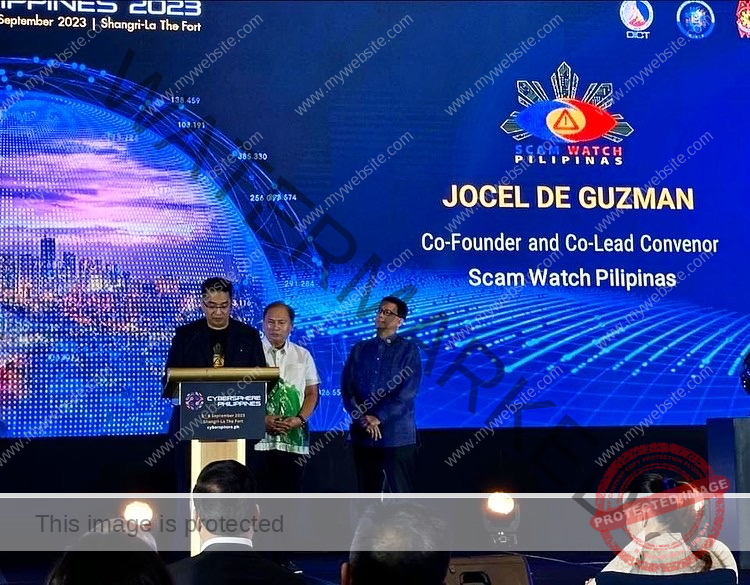The pandemic has fast-tracked the digital transformation of the Philippines. In 2022, around 85 million Filipinos are active internet users, spending an average of 11 hours a day online. Online purchasing and e-wallet usage have surged, making the Philippines a burgeoning digital economy valued at 2.08 trillion pesos, or 9.4% of its GDP.
However, this digital pivot has its pitfalls, particularly in cybercrime and fraud. Despite technological advancements, the cybersecurity sector has struggled to keep pace. The economic loss due to cyberattacks was estimated at 3.5 billion dollars in 2018. Organizations and government agencies have invested millions to fortify their digital infrastructures, but the grassroots still needs to be protected.
While statistical data might offer a macro-level perspective, the actual extent of Filipinos falling victim to cyber fraud remains elusive. This gap exists primarily because many victims do not report incidents or do not know how to do so. This reality underscores the lack of digital literacy and cyber hygiene culture at the grassroots level in the Philippines.
Truth360 and Manila Bulletin have launched Scam Watch Pilipinas to address this vulnerability. This initiative aims to educate Filipinos on cyber fraud risks, instil a cybersecurity culture, and build a vigilant community nationwide.
In his keynote address at the forum, De Guzman, a key advocate for Scam Watch Pilipinas, stressed the importance of multi-sectoral collaboration. He urged citizens to report cyber fraud incidents to the Inter-Agency Response Center (I-ARC) via Hotline 1326 and other government channels.
Scam Watch Pilipinas is more than just a watchdog; it’s an educational platform. The initiative aims to introduce digital literacy and cyber hygiene curricula for school students to build resilience against cyber fraud from a young age. “We are partnering with the Journalism Studies Association of the Philippines and academe to create these modules,” De Guzman revealed.
Scam Watch Pilipinas has launched “Kontra Scam Attitude,” offering four practical steps to counter cybercrime: Mag-damot. Mag-duda. Mang-isnab. Mag-sumbong. This guide emphasizes the need for skepticism and caution while navigating the online world.
De Guzman expressed his gratitude to DICT Secretary Ivan Uy and CICC Executive Director Usec. Alexander Ramos for their support and collaboration. He called on all Filipinos to take proactive steps to protect themselves online and follow Scam Watch Pilipinas on Facebook for more information.
The time for action is now. With Scam Watch Pilipinas at the forefront, the goal is to turn every Filipino household into a fortress against cyber fraud.

